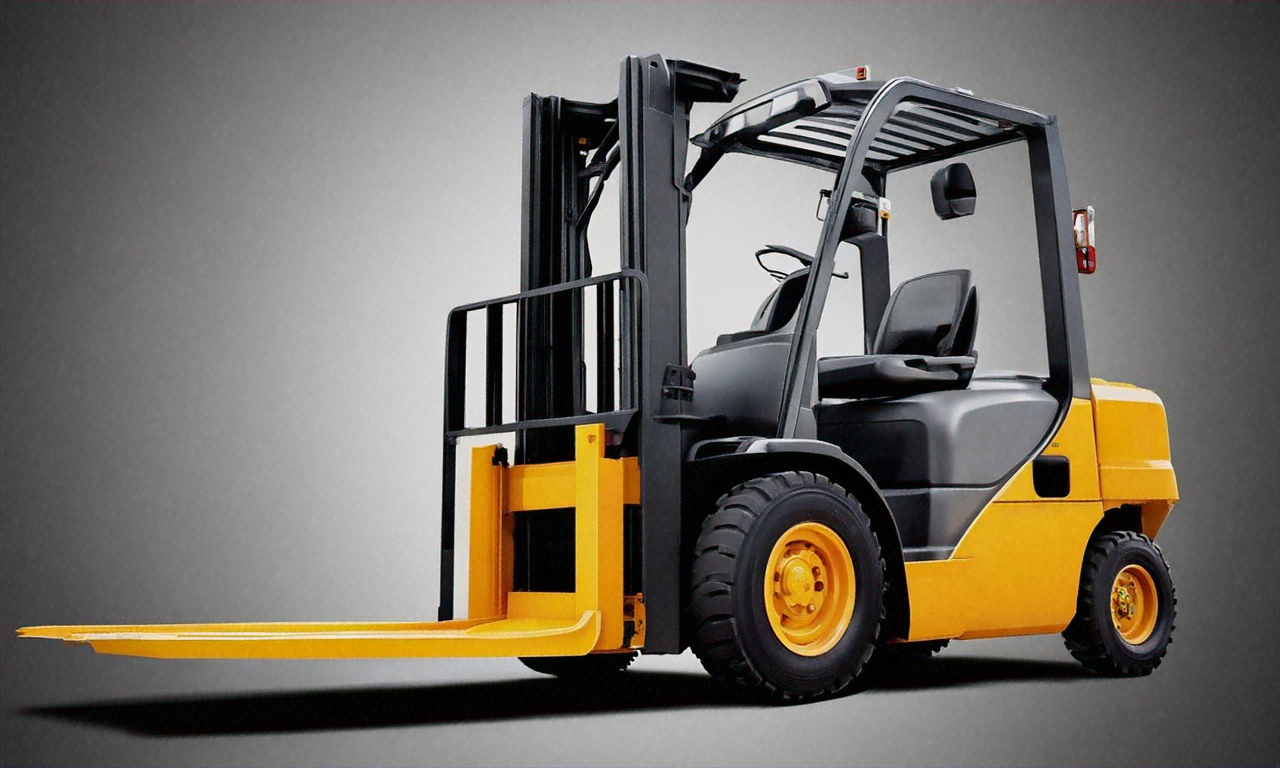Australian Forklift Operators: The Path to a Well-Paid and Stable Career
Are you looking for a career that is in high demand, pays well, and offers many opportunities for advancement? Becoming a forklift operator may be your best choice. With short training time, reasonable wages, and stable work, it is a viable career option. Here is everything you need to know about the position and how to get started.

Forklift Operators: Driving Success in the Warehouse World
Forklift operators play a crucial role in the smooth functioning of warehouses, distribution centers, and manufacturing facilities. These skilled professionals are responsible for efficiently moving and organizing heavy materials, ensuring the timely flow of goods throughout the supply chain. If you’ve ever wondered about the day-to-day tasks of a forklift operator or considered pursuing this career path, you’re in the right place. Let’s dive into the world of forklift jobs and explore what makes this occupation both challenging and rewarding.
The Essential Duties of a Forklift Operator
At its core, a forklift operator’s primary responsibility is to safely and efficiently transport materials using specialized equipment. This involves loading and unloading trucks, moving pallets of goods within a warehouse, and organizing inventory in storage areas. However, the job encompasses much more than simply driving a machine. Forklift operators must possess a keen eye for detail, excellent spatial awareness, and the ability to work well under pressure.
Safety First: A Top Priority
One of the most critical aspects of a forklift operator’s job is maintaining a safe work environment. This includes conducting daily equipment inspections, adhering to strict safety protocols, and being constantly aware of their surroundings. Operators must navigate tight spaces, avoid obstacles, and ensure the stability of their loads at all times. By prioritizing safety, forklift operators not only protect themselves but also their colleagues and valuable inventory.
Beyond the Basics: Additional Responsibilities
While operating the forklift is the primary focus, many operators take on additional tasks that contribute to the overall efficiency of their workplace. These may include maintaining accurate inventory records, reporting any equipment malfunctions or safety concerns, and participating in team meetings to improve workflow processes. Some operators may also be responsible for basic machine maintenance, such as changing batteries or refueling.
The Path to Becoming a Forklift Operator in Australia
If you’re considering a career as a forklift operator in Australia, you’ll be pleased to know that the path is relatively straightforward. The first step is to obtain a forklift licence, which involves completing a training course and passing both theoretical and practical assessments. These courses are offered by registered training organizations throughout the country and typically take a few days to complete.
Skills and Qualities for Success
To thrive as a forklift operator, certain skills and qualities are essential. These include: • Excellent hand-eye coordination and depth perception • Strong attention to detail and ability to follow instructions • Good communication skills for collaborating with team members • Physical stamina to handle long periods of sitting and occasional lifting • Ability to remain calm and focused in high-pressure situations • Basic mathematical skills for calculating load weights and dimensions • Adaptability to work in various environments and with different types of equipment
Real-Life Success Stories: Forklift Operators Making a Difference
Many forklift operators find their careers to be both fulfilling and financially rewarding. Take Sarah, for example, who started as an entry-level operator and worked her way up to become a warehouse supervisor within five years. Her attention to detail and commitment to safety made her an invaluable asset to her company. Another success story is Mark, who used his forklift operating experience as a stepping stone to pursue a degree in logistics management, combining his practical knowledge with theoretical expertise to advance his career.
Forklift Operator Training Providers in Australia
For those looking to start their journey as a forklift operator, several reputable training providers offer comprehensive courses across Australia. Let’s compare some of the top options:
| Provider | Course Duration | Licence Type | Additional Benefits |
|---|---|---|---|
| TAFE NSW | 3 days | LF Class | Nationally recognized qualification, flexible learning options |
| Pinnacle Safety and Training | 2 days | LO, LF, or both | Multiple locations, small class sizes, experienced trainers |
| Major Training Group | 1-2 days | LF Class | Fast-track options available, job placement assistance |
| Australian Forklift Training | 2-3 days | LO, LF, or both | Onsite training available, refresher courses offered |
When choosing a training provider, consider factors such as course duration, location convenience, and any additional support services offered. It’s also worth checking if the provider has strong industry connections, which could potentially lead to job opportunities upon completion of your training.
Embarking on a career as a forklift operator can open doors to numerous opportunities within the logistics and supply chain industries. With the right training, skills, and attitude, you can build a stable and rewarding career that plays a vital role in keeping businesses moving forward. Whether you’re just starting out or looking for a career change, the world of forklift operations offers a unique blend of challenges and satisfaction for those willing to take the wheel.
The shared information of this generated article is up-to-date as of the publishing date. For more up-to-date information, please conduct own research.




